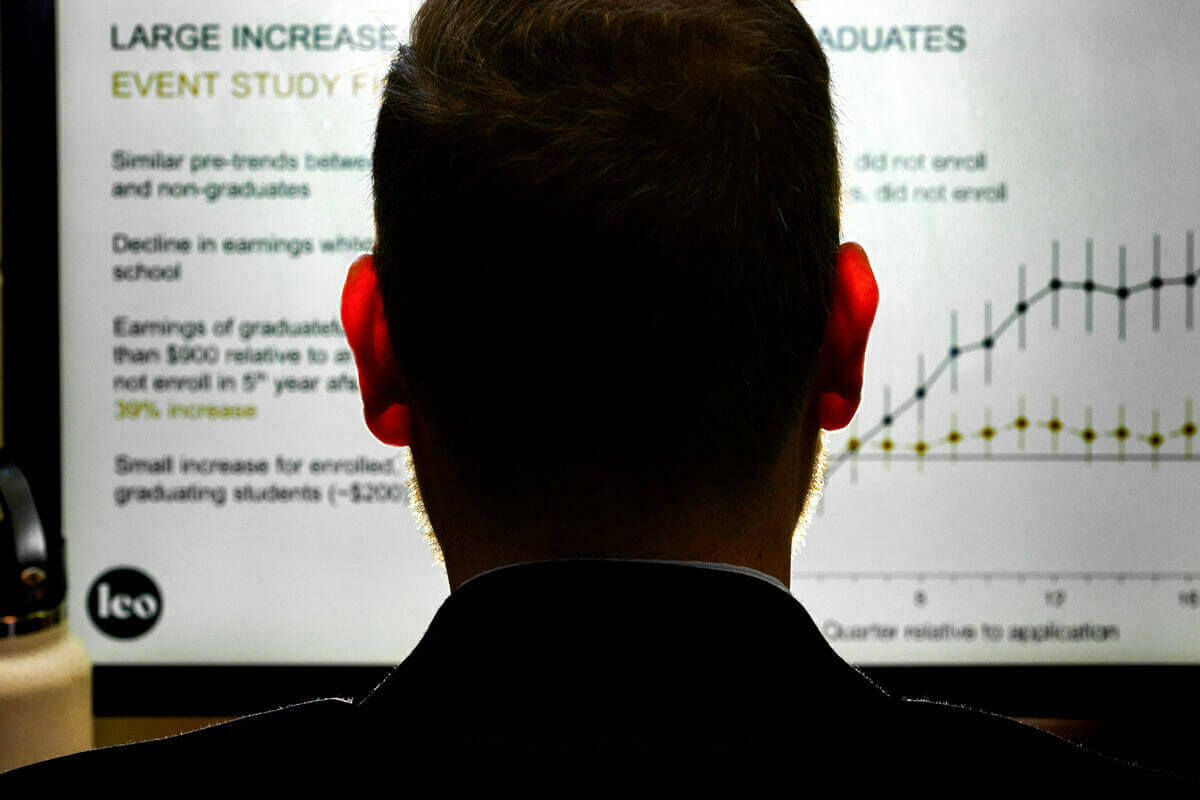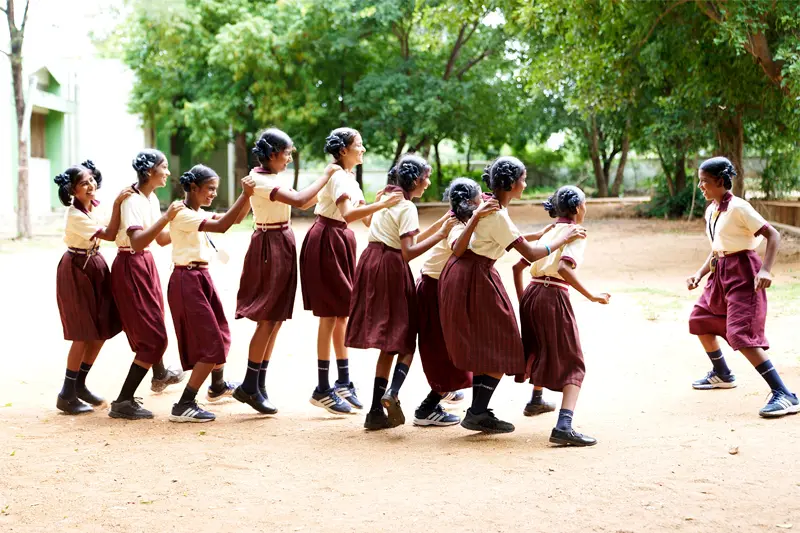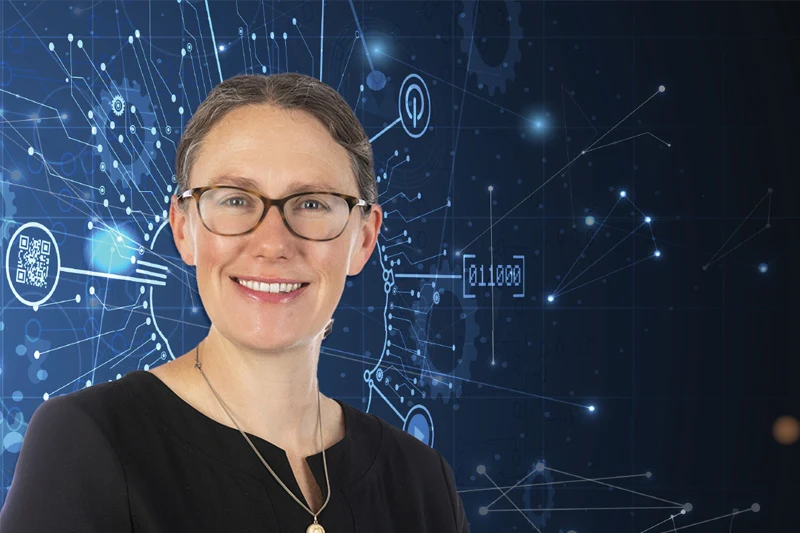Since the COVID-19 pandemic, rates of chronic absenteeism have nearly doubled across the nation for students in kindergarten through grade 12. This increase was tied to the mode of instruction during the early years of the pandemic. In particular, schools that employed virtual learning as the primary teaching mode during the 2020-21 school year experienced a greater increase in chronic absenteeism in the following year. That increase was significantly greater in school districts with higher levels of poverty, according to new research from William Evans, the Keough-Hesburgh Professor of Economics and co-founder of Notre Dame’s Wilson Sheehan Lab for Economic Opportunities.





















